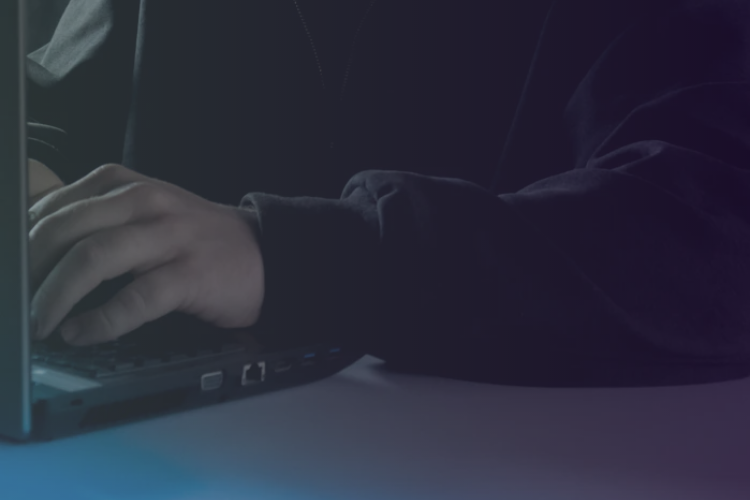Cyber attacks have continued to increase at an alarming rate over the years. However, opportunistic attacks have spread and evolved throughout the past year as criminals have found ways to exploit fears and take advantage of the global shift in focus on the pandemic. For many organisations, the focal point has been business continuity. Consequently, in the process of attempting to effectively switch from office to remote working, business security has been compromised.
What Are the Different Types of Cyber Attacks?
Ransomware
Malware
Malicious domain
Phishing
Man-in-the-middle
Distributed denial-of-service
How Has Working From Home Changed Cyber Attacks?
The COVID-19 pandemic has direct implications on organisations with employees having to work from home as per government guidelines. Consequently, this has made it much easier for cyber criminals to target companies through the individuals who are working from the comfort of home. One reason for this is that people may be more distracted in an informal setting like in their house. Perhaps they have children who managed to gain access to their PC and accidentally clicked on a phishing email. Minor distractions like this make it that much easier for cyber criminals to gain access to sensitive information.
Additionally, homes are an insecure location compared to offices, with networks being more vulnerable. It is also likely that the same cyber security precautions that were implemented at work are not being prioritised by organisations for their employees working from home. This is highly likely if employees are using their own devices. It can be questioned whether these individuals have the right expertise to protect their devices. Also - if organisations are encouraging employees to bring their own device, should they then be responsible for ensuring that the right security systems are in place?
How Can Firms Manage Cyber Risks when Working From Home?
The COVID-19 crisis has changed the way we work, and it looks like working from home may continue even after the pandemic ends. For businesses, information security teams have to introduce data sharing policies and procedures that employees must adhere to in order to minimise the risk of catastrophic errors being made.
IT support teams may have more challenges in reaching out to remote workers compared to those in office. Should any technical issues arise, organisations should make investments that will allow IT support to quickly reach out to remote employees. This could mean longer support hours or having access to tools like screen sharing which will allow for solutions to be found quickly.
How Can You Prepare For the Future?
The question is not if you will be a target but rather when. Cyber attacks - especially for large corporations - are inevitable. To reduce damage to company data and reputation, a number of steps can be taken to be prepared for an attack.
Firstly, threats are evolving, and criminals are becoming more sophisticated so organisations should have procedures in place to mitigate the risks. Providing education and training should be a top priority for organisations as this can increase awareness, teach employees what to look out for and how to react appropriately to an attack.
Companies should also plan ahead and think about what could go wrong if a threat occurred, so that readily available solutions are at hand. During such instances, how you react to a threat is key to fixing the issue quickly and efficiently. This is where detection plays a key role.
Detecting an attack quickly allows for a timely response. Security systems should be monitored and retested to check that they are working correctly. Reviews need to be conducted on a regular basis; it is crucial to assess who has access to what. These are a few steps that organisations should put into practice to prevent an attack.
What can be done to minimise damage in the aftermath of an attack? Sensitive data should be backed up at all times as this could be vital to business survival. Backups should be regular and easily restored as this prevents any data loss after an attack has occurred. Additionally, having cyber insurance can help cover any losses after an attack and can also help drive down ransom prices.
In order to be prepared, organisations have to ensure people with the right knowledge and experience are employed. Hiring a CISO to manage the information security side of the business could prove to bring real benefits if a company has to prevent, detect, or respond to a cyber attack. It is worth noting that there are different types of Chief information Security Officers on the market: businesses need to properly assess the qualifications and background required for such a critical role. You can read more about the importance of the CISO role in an organisation in Rutherford's guide How to Hire the Best Chief Information Security Officer for your business.
Contact
Octavian Donnelly is a Change & Transformation Consultant at Rutherford, the executive compliance, legal, financial crime and cyber security recruitment specialists.
Contact us for a confidential search, send us an email at enquiries@rutherfordsearch.com or see our latest vacancies.



.png)
.png)
.png)
.png)
.png)
.png)
.png)

